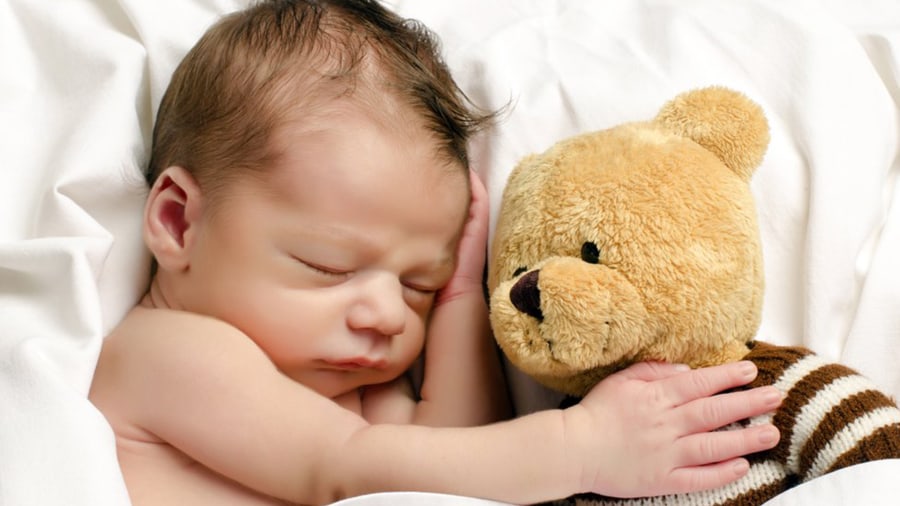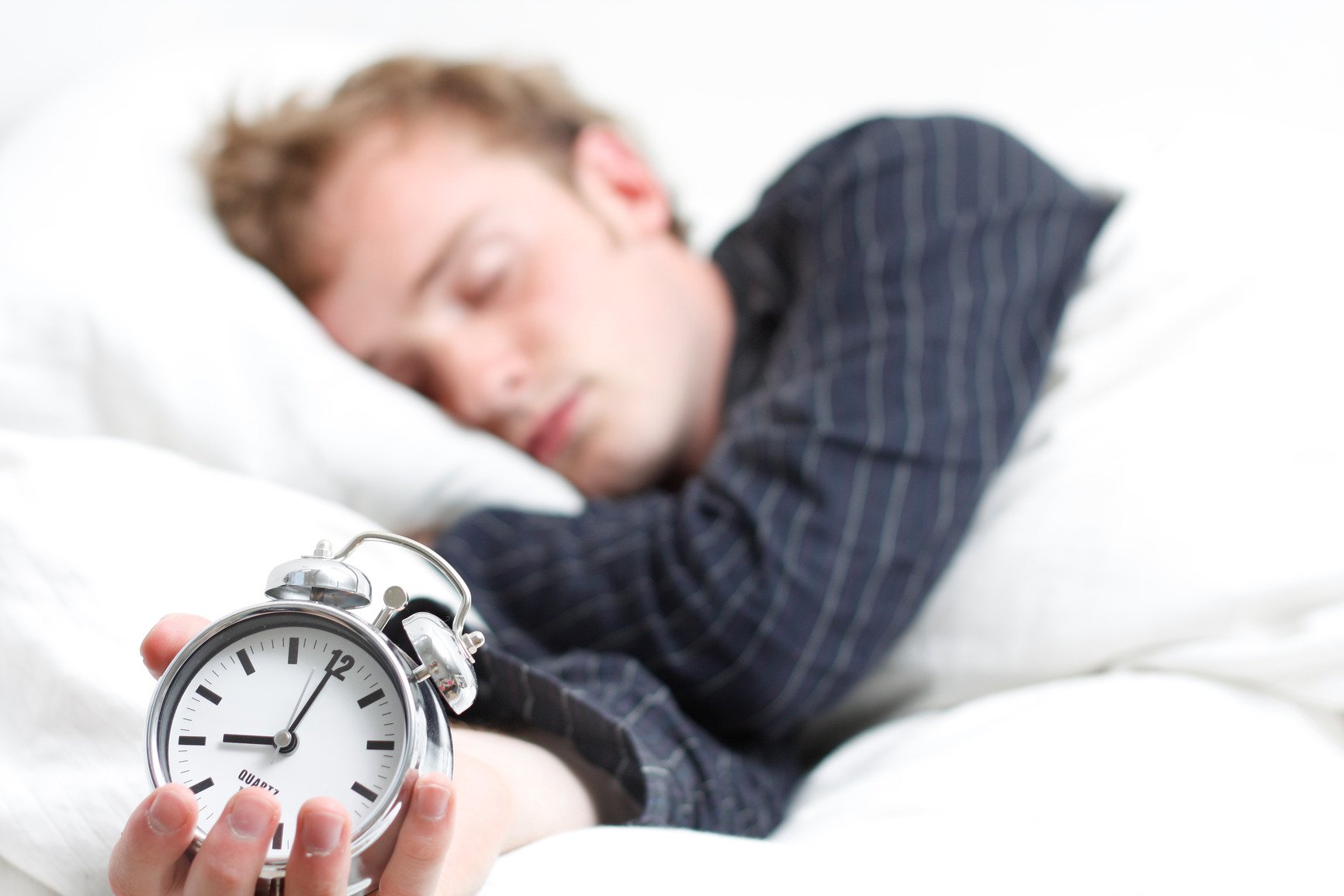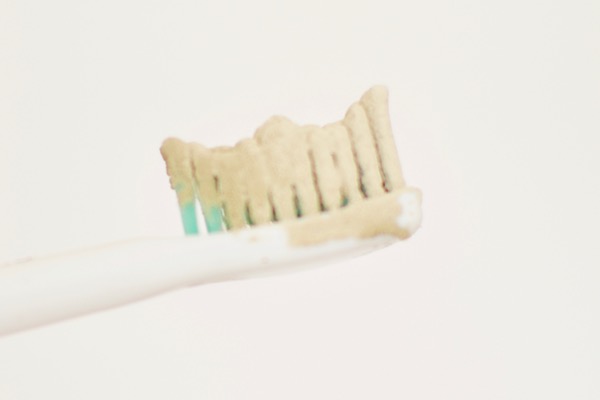Here’s how the moon can affect your sleep patterns…
The moon plays an important role in MANY aspects of life. It affects the ocean’s tides, many people believe in its role in astrology, and it provides beautiful light for an evening walk along the beach with that special someone. The moon does a lot that we never even know or think about, and now it turns out it may even affect the quality of our sleep.
A study published in the medical journal Current Biology provides new evidence pointing at the moon’s influence on our sleeping patterns. Specifically, people tend to sleep less during the full moon–as much as 20 minutes less per night than during the rest of the lunar cycle. People in Switzerland have commonly reported sleep disturbances during the full moon, which is what intrigued researchers at the Psychiatric Hospital of the University of Basel and prompted them to investigate.
In 2005, the hospital collected 33 people between the ages of 20 and 74, all healthy, all volunteers in the experiment. The participants all slept in a laboratory, one without any windows and thus no access to the moon. The environment was strictly controlled to promote the best possible sleep. They remained in the lab for 3 ¼ days, and they were made as comfortable as possible.
One interesting aspect of the study is that NO ONE knew that the moon would play any part in the study. Neither the researchers nor the participants had any idea, which helped to reduce the risk of bias on both parts. However, this also meant that the study only examined ONE phase of the moon, rather than all of them. It was only 10 years later that the lunar patterns and their effects on sleep were analyzed.

READ MORE: A Rare Breed: The Short Sleeper
But what effects did the moon have on the sleep habits of the participants? The data suggested that people slept up to 20 minutes less every night during the full moon than they did on the other nights. Levels of melatonin (the hormone that promotes sleepiness) were much lower around the full moon, meaning the full moon threw off the Circadian rhythms that control sleep. Not only did they sleep less, but it took as much as 5 minutes longer for them to fall asleep, and their deep sleep decreased by up to 30%. This wasn’t just DURING the full moon, but AROUND it–the days leading up to and immediately following the full moon.
All this shows that the full moon really can affect sleep! It can not only decrease the levels of the hormone needed to make you feel sleepy at night, but it can cause you to toss and turn a bit more, have a hard time getting to sleep, and reduce your total sleep time.
Granted, this study wasn’t the most comprehensive, and it didn’t take into account a wide range of population. The study was conducted to examine another aspect of sleep habits, and only years later did the phase of the moon factor in. However, it does indicate that the lunar cycle can have a noticeable effect on your sleeping habits.
If you’re having a hard time sleeping at night, it may be all the moon’s fault! The full moon could be the result of your restlessness or your reduced sleep. As the full moon approaches, take steps to increase sleepiness at night, and make sure you stick to your evening routine. The more you can do to keep your Circadian rhythm regular, the better!








